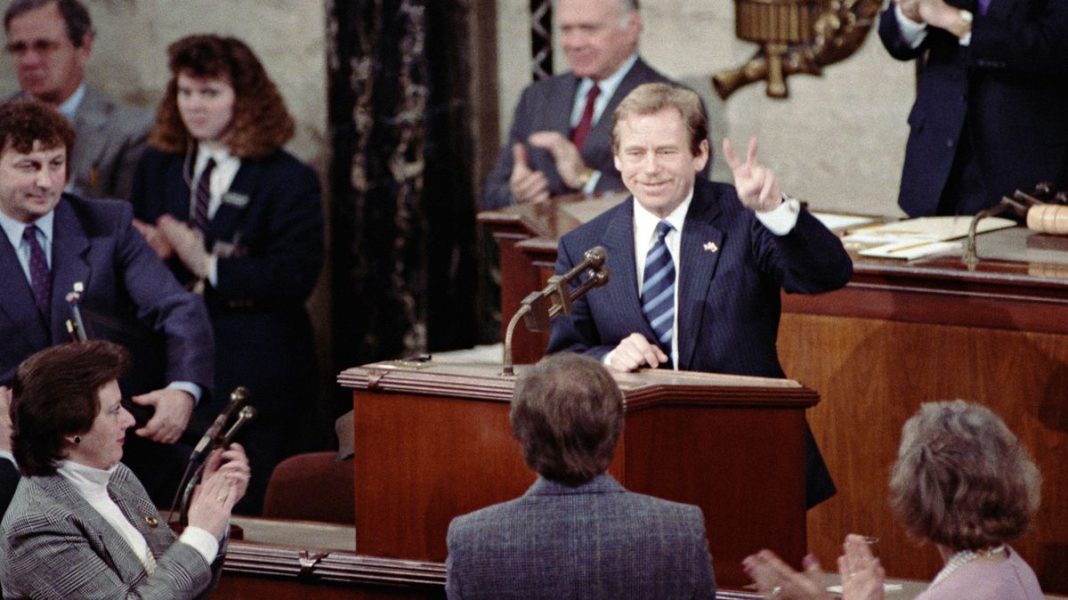Vaclav Havel, the former president of Czechoslovakia and later the Czech Republic, was known for his steadfast moral compass and dedication to human rights. His foreign policy principles remain relevant today, offering a powerful framework for addressing modern global challenges.
Legacy of Human Rights Advocacy

Havel’s commitment to human rights was the cornerstone of his foreign policy. As a dissident playwright before ascending to political leadership, he consistently challenged oppressive regimes, both domestically and internationally. His principles urged countries to consider human dignity above political convenience, a stance that he maintained throughout his presidency. Havel promoted dialogue, democracy, and the rule of law as essential components to achieving global peace and prosperity.
These principles are increasingly relevant as regions face authoritarianism and systemic inequalities. Adopting Havel’s vision means advocating for those who stand voiceless under repressive regimes and supporting movements that strive for democratic governance. By upholding human rights, nations can collaboratively work toward more equitable international relations.
Importance of International Solidarity

Havel understood the importance of international alliances and demonstrated unwavering support for cooperation, particularly within the European community. He believed in the strength of partnerships to overcome shared challenges, such as security threats and environmental issues. His commitment to international solidarity was not just political but founded on a moral imperative to work together for the common good.
In today’s interconnected world, countries that align with Havel’s ideals promote stability and foster trust. Strengthening ties between nations can lead to effective responses to global issues like climate change, terrorism, and public health crises. Havel’s policies remind us that unified action is essential to navigating the complexities of our modern landscape.
Promoting Democracy and Diplomacy

Havel emphasized the role of democracy as a litmus test for legitimate governance. He advocated for diplomatic approaches to conflict resolution, highlighting the power of negotiation over confrontation. His leadership in this area reflects a profound belief in the ability of dialogue to transform seemingly entrenched disputes.
By prioritizing diplomacy and democratic principles, Havel’s approach helped in the peaceful dissolution of Czechoslovakia into the Czech Republic and Slovakia. This historical success story is a testament to the potential of diplomatic solutions, encouraging current leaders to consider peaceful negotiation as a viable option in disputes.
Responding to Modern Global Challenges

Today’s global issues require leaders to adopt a principled stance similar to Havel’s. Threats like cyber warfare, international terrorism, and pandemic outbreaks necessitate a commitment to ethical decision-making rooted in transparency and human rights. These challenges are best addressed through a collective adherence to moral guidelines, such as those championed by Havel.
Embracing Havel’s foreign policy principles could guide the international community toward sustainable solutions, ensuring that modern strategies reflect both ethical and practical considerations. This approach not only resolves immediate conflicts but also lays a foundation for a future where peace and justice prevail.
Vaclav Havel’s foreign policy principles offer timeless guidance in an era rife with complex challenges. Upholding his legacy can pave the way for more peaceful and just global relations.
Source: Official Vaclav Havel Library website.





